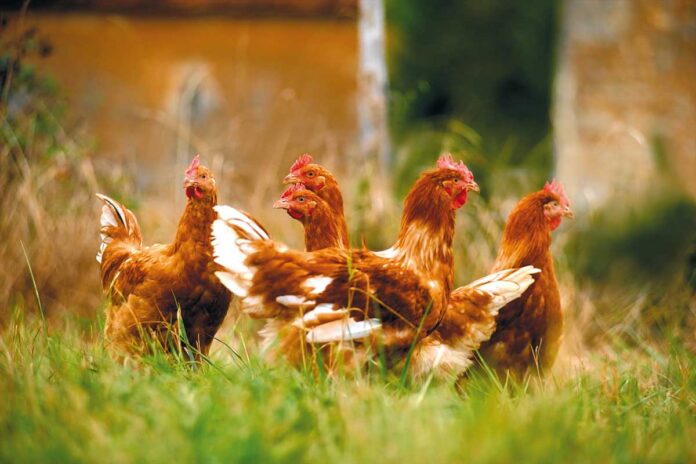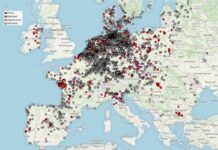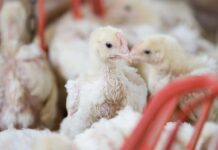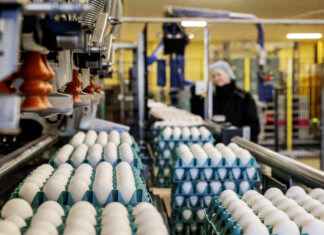
More than 150 participants followed the European Rural Poultry Association’s webinar on “Rural Poultry at the heart of the European Green Deal” on February 2, 2021.
“The European rural poultry sector is intensive in terms of job creation while being environmentally friendly and playing a key role in providing local and quality products,” said MEP Benoît Lutgen (EPP, Belgium), Chair of this event. Consequently, the EU Farm to Fork and Biodiversity Strategies as well as the Common Agricultural Policy should give more space to sustainable poultry farming. The European Commission intends to do so since, as highlighted by Maciej Golubiewski (Head of Cabinet of Janusz Wojciechowski, EU Commissioner for Agriculture and Rural Development), alternative poultry production fully contributes to sustainable food systems and is therefore fitting very well within the current EU priorities.
On the environmental side, “the production relies on locally produced feed, thus contributing to a circular economy while lowering the negative environmental impact of imported feed”, added Mr Golubiewski. Rural poultry has a low greenhouse gas emission share in the agricultural emissions. One of the key elements in this regard is the use of agroforestry with the development of woody open-air areas. Alexandre Parizel (French Agroforestry Association) explained that these areas notably allow to preserve biodiversity, recycle nutrients, capture carbon, limit erosion and pressure on the environment.
“Rural poultry is at the crossroads of the three pillars of sustainable development: economically resilient, environmentally friendly, meeting social expectations and bringing added value to the territories thanks to human-sized family farms”, summed up Louis Perrault (ERPA Representative).
Furthermore, ERPA is convinced that the type of farming it defends ensures a high level of animal welfare. A label that could guide European consumers in choosing animals reared with a high respect for animal welfare is currently under discussion within the EU institutions. During the roundtable, Carlos Terraz (ERPA President) underlined that if put forward, this system should be mandatory, based on the types of farming defined in the EU marketing standards and should apply to the whole EU poultry production. Moreover, the highest level of animal welfare should not be exclusively reserved for organic production and should also cover systems with very high animal welfare level, like “traditional free range” productions.The need for coherence with the current production systems, the importance of transparent information to consumers, the call for ensuring a level playing field with the imported products from Third countries and the difficulty to choose the right criteria were highlighted by the other panelists. MEP Norbert Lins, President of the Committee on Agriculture and Rural Development of the European Parliament, expressed his support to animal welfare labelling on the condition that “the costs are not supported by farmers alone, but also by all the actors of the supply chain and the consumers”.
ERPA will keep on preserving and revitalising rural environment, family farms and genetic diversity of free range poultry by acting to ensure that the needs of the producers, animals, as well as those of their consumers are taken into account in the future EU pieces of legislation.
Chaired by Marie Guyot, ERPA Secretary General, the roundtable gathered four panelists: Norbert Lins, MEP, President of the Committee on Agriculture and Rural Development of the European Parliament; Simon Schreiber, Attaché to the German Permanent Representation to the EU; Carlos Terraz, ERPA President and Ines Grenho Ajuda, Farm Animals Programme Leader, Eurogroup for Animals.

















